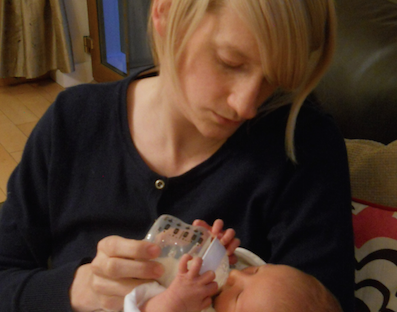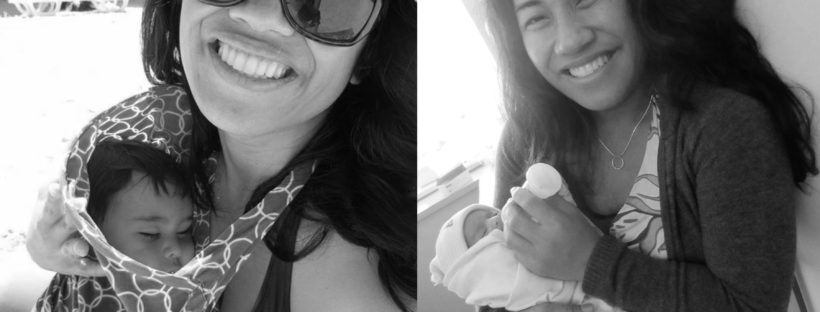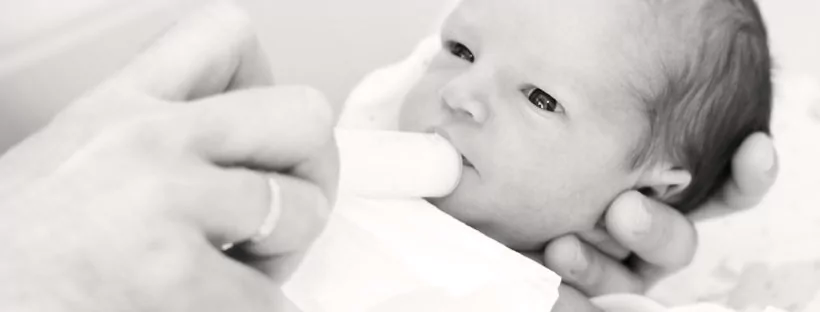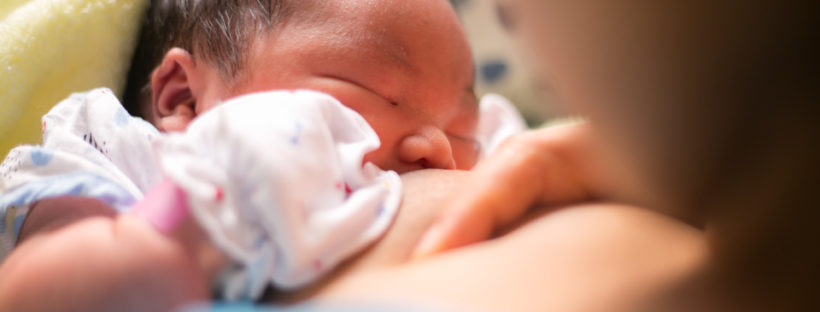As I begin, let me state plainly – I am an advocate for Perinatal Mental Health, I am not here to be an advocate for Breast Feeding or Formula Feeding. I am “pro” whatever is best for you and your family – only you, and yours, will know the right answer to that.
I have no interest in adding to the debate on “Breast is Best’, as I’m not sure it ever does anything other than draw in those who agree or disagree, firmly, with one side or the other.
My disclaimer is, I formula fed Reuben. For me, it was a lifeline. With that said, I stand for your rights, your hopes, your dream, and for whatever you deem best and most suitable for your circumstances. Continue reading




